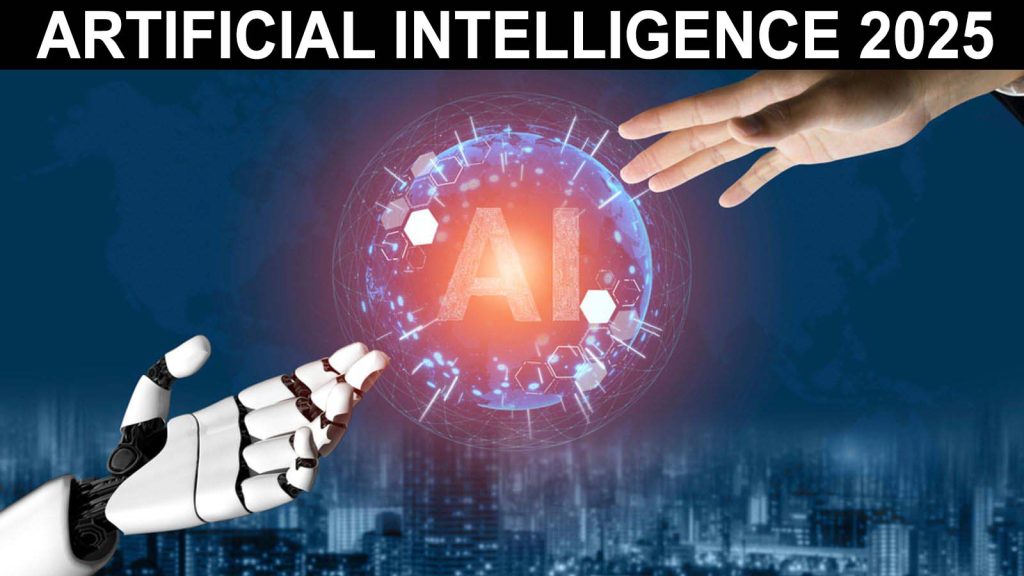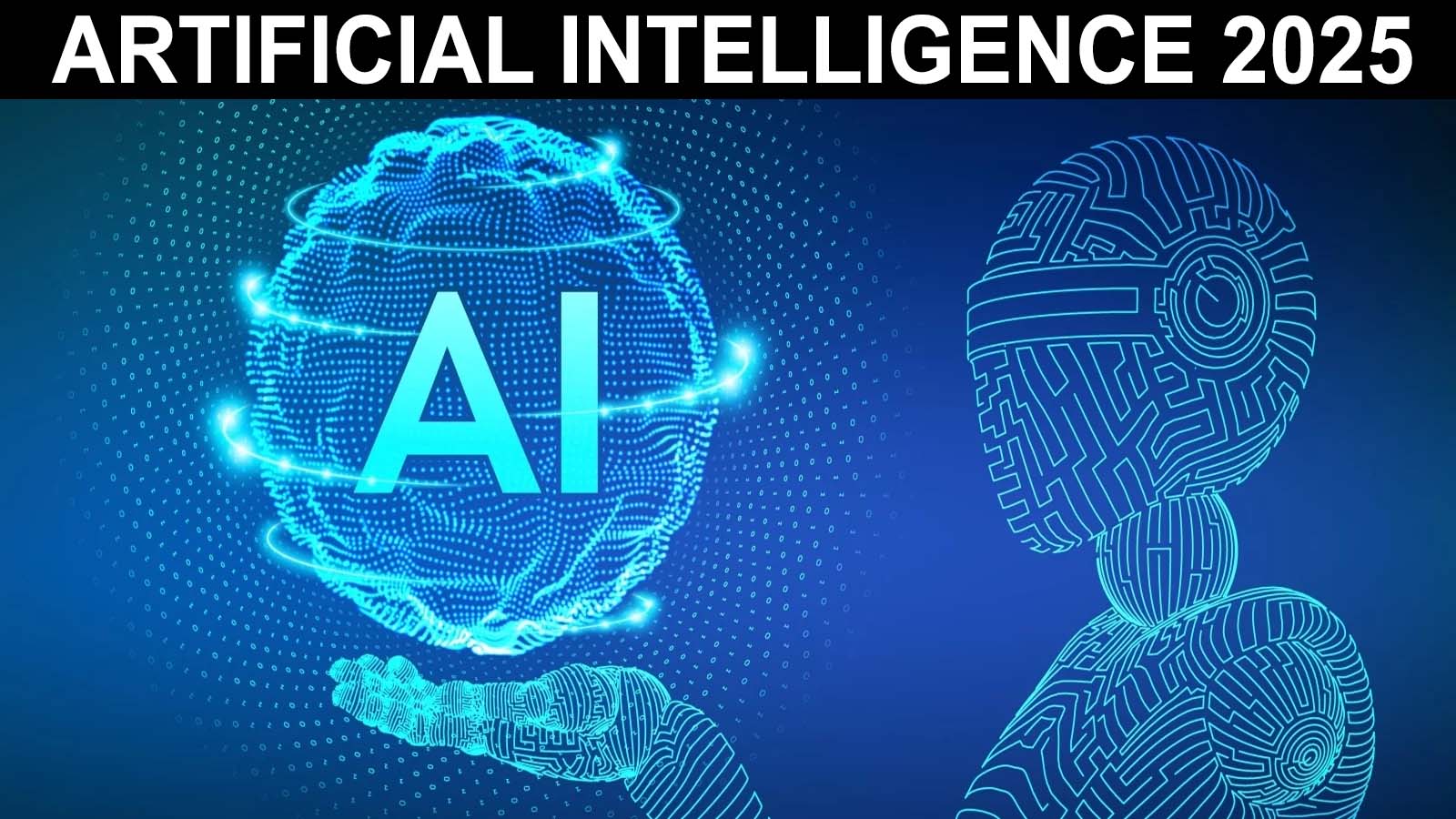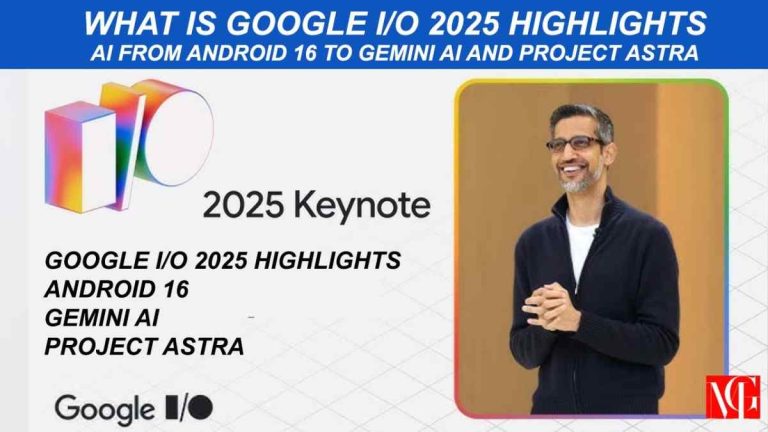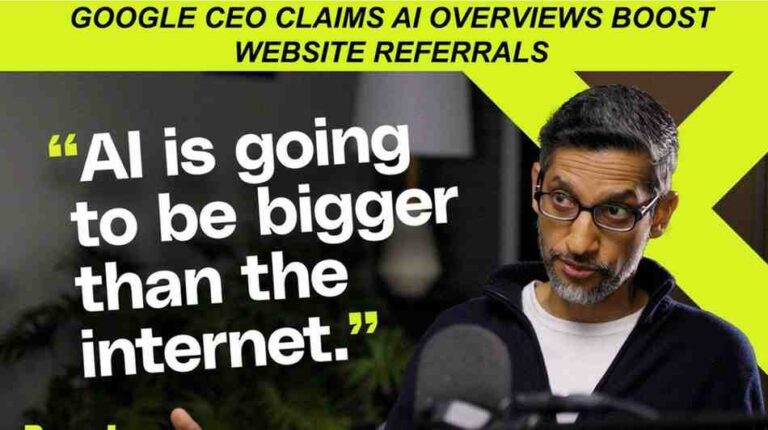
Artificial Intelligence
Artificial Intelligence (AI) refers to the simulation of human intelligence in machines that are programmed to think, learn, and perform tasks typically requiring human cognition. These tasks include problem-solving, decision-making, language understanding, and visual perception.
In 2025, AI has become an integral part of everyday life, powering everything from virtual assistants and autonomous vehicles to advanced data analytics and personalized healthcare.
How Does Artificial Intelligence Work?
AI systems work by processing large amounts of data, recognizing patterns, and making decisions based on algorithms. The core technologies behind AI include:
– Machine Learning (ML): Enables computers to learn from data and improve over time without explicit programming.
– Deep Learning: A subset of ML that uses neural networks to analyze complex data such as images and speech.
– Natural Language Processing (NLP): Allows machines to understand and generate human language.
– Computer Vision: Enables AI to interpret and analyze visual information from the world.
Types of Artificial Intelligence

AI is generally categorized into three types:
1. Narrow AI (Weak AI): Designed to perform specific tasks, such as voice recognition or recommendation systems. Most AI applications today fall under this category.
2. General AI (Strong AI): Hypothetical AI with human-like cognitive abilities, capable of understanding and reasoning across a wide range of tasks.
3. Superintelligent AI: A future concept where AI surpasses human intelligence in all aspects.
Applications of Artificial Intelligence in 2025
AI is transforming numerous industries and aspects of daily life, including:
– Healthcare: AI-driven diagnostics, personalized treatment plans, and robotic surgeries.
– Finance: Fraud detection, algorithmic trading, and customer service chatbots.
– Transportation: Autonomous vehicles, traffic management, and predictive maintenance.
– Retail: Personalized shopping experiences, inventory management, and demand forecasting.
– Education: Adaptive learning platforms and AI tutors.
– Manufacturing: Automation, quality control, and supply chain optimization.
The Future of Artificial Intelligence
Looking ahead, AI is expected to become even more sophisticated, with advancements in explainable AI, ethical AI frameworks, and integration with emerging technologies like quantum computing. These developments promise to enhance AI’s reliability, transparency, and impact across sectors.
Conclusion
Artificial intelligence is a rapidly evolving technology that is reshaping the world in 2025. Understanding what AI is, how it works, and its diverse applications helps individuals and businesses harness its potential responsibly and effectively.








